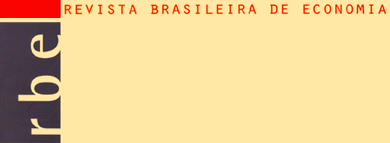In this study we calculate optimal commodity taxes for Brazil. Simulations are based on the Almost Ideal Demand System , estimated using Brazilian household data. The trade off between equity and efficiency is taken into account by introducing a government aversion to inequality parameter into a social welfare function, which is maximized subject to a balanced government budget requirement. Our results show that the optimal commodity tax structure is characterized by selective tax rates when the only tax policy instrument available is commodity taxation. We extend the analysis by allowing for a uniform poll payment to be made by the government. In this case tax rates are regressive and poll transfer levels are unreasonably high. When we cap transfers with a binding ceiling the former pattern is restored. Comparing with Siqueira (1998), we have also observed a relative robustness of optimal tax rates to household preferences forms.
optimal commodity taxation; social welfare function; efficiency; equity; almost ideal demand system














